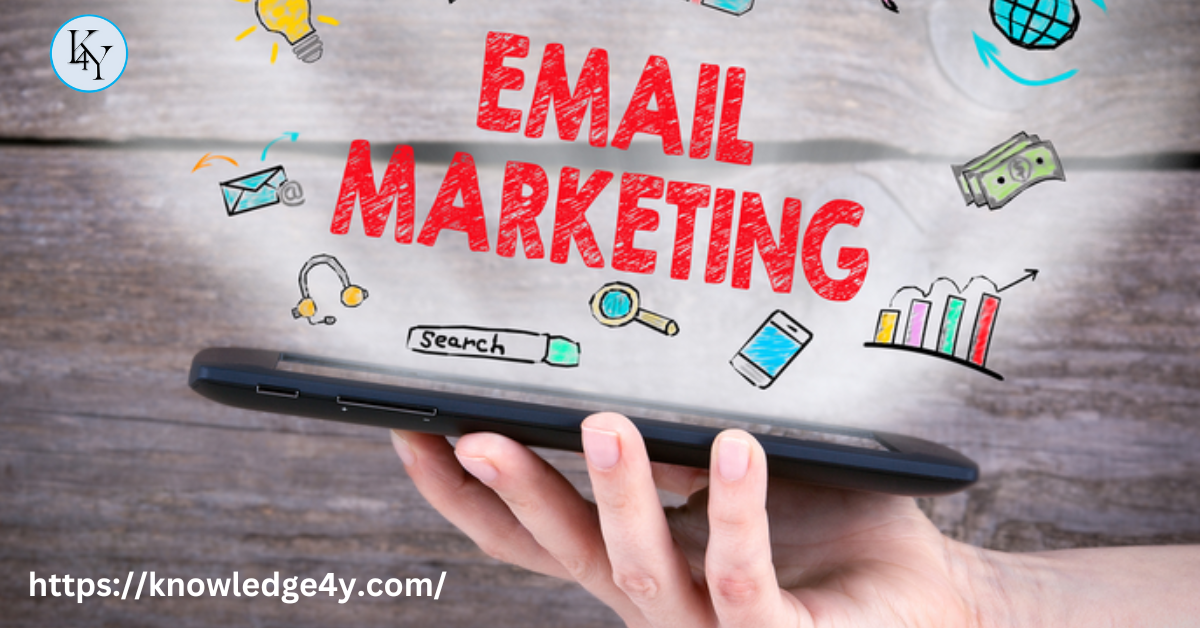Table of Contents
ToggleWhat is search Email Marketing
Introducation
Email marketing is a digital marketing strategy that involves sending commercial messages, typically in the form of emails, to a group of people who have voluntarily subscribed or shown interest in receiving information from a particular business or organization. It is a powerful tool for building relationships, promoting products or services, and driving customer engagement.
Email marketing allows businesses to reach their target audience directly, delivering personalized content and offers to recipients’ inboxes. It is commonly used for various purposes, including:
Promotions and sales:
Businesses can send promotional emails to announce discounts, special offers, or sales events to encourage recipients to make a purchase.
Newsletters and updates:
Companies often send regular newsletters to subscribers, sharing valuable content, industry news, updates, and insights related to their products or services.
Customer onboarding and nurturing:
Email campaigns can be used to welcome new customers, provide them with relevant information, and guide them through the initial steps of using a product or service. Additionally, businesses can use email sequences to nurture leads and build relationships with potential customers.
Event invitations and reminders:
Email is an effective channel for sending invitations, reminders, and updates about upcoming events, such as webinars, conferences, or product launches.
Surveys and feedback requests:
Email can be used to gather valuable feedback from customers through surveys, polls, or request for reviews, helping businesses understand their customers’ needs and preferences.
Customer retention and re-engagement:
By sending targeted emails to existing customers, businesses can keep them engaged, share exclusive offers or loyalty rewards, and encourage repeat purchases.
Successful email marketing campaigns often employ strategies such as segmentation (dividing subscribers into smaller groups based on preferences or demographics), personalization (tailoring content to individual recipients), A/B testing (comparing different versions of emails to optimize performance), and analytics (tracking open rates, click-through rates, and conversions).
It’s worth noting that effective email marketing requires compliance with relevant data protection and privacy regulations, such as the General Data Protection Regulation (GDPR) in the European Union and the CAN-SPAM Act in the United States, to ensure that recipients’ consent and privacy are respected

